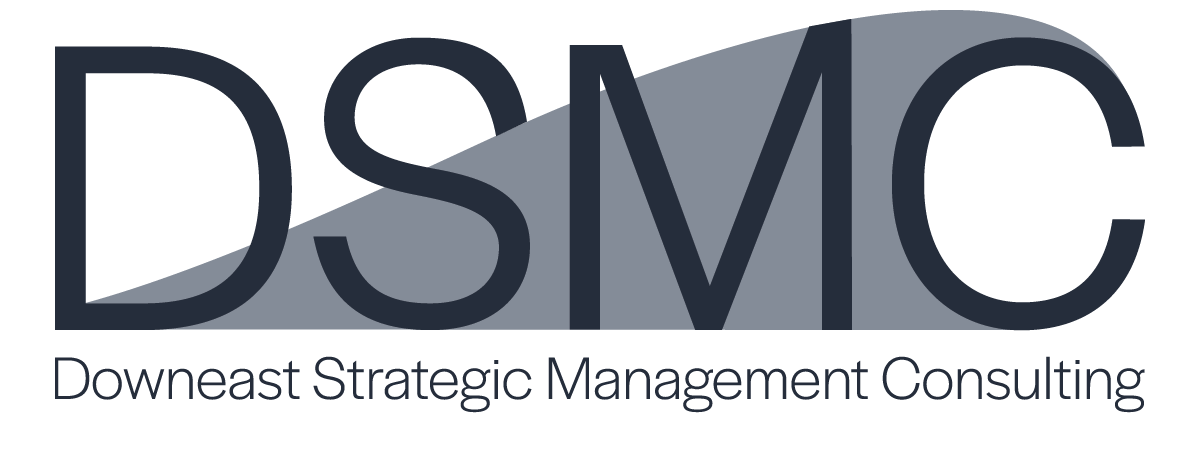Thinking about roles…
Everyone has their role to play on the team. Ideally, each individual knows their role, their responsibilities and the end goal that they are working toward. In order for a manager or leader to ensure that any given individual on the team knows what they should be focused on, regular check-ins are a must but not to the point of interfering with the process unless things have really broken down. Train effectively, follow up to reinforce then people need space to DO what they have been trained to do.
To illustrate I will use a restaurant as an example. On any given shift there will be 4 or 5 people who each guest interacts with; a host, a server, a busser, a manager, maybe a bar tender. What is going on behind the scenes is important too (maybe even more so). A host needs to be in communication with the busser and their focus is getting butts into seats without overwhelming the servers or the kitchen. The server is focused on getting orders in and making sure the customer gets timely attention. Each of those roles needs to be focused on the immediate needs of each guest in front of them.
The manager needs to be a step back from this. If the manager gets wrapped up in the needs of any one table or guest, the flow of the rest of the dining room and kitchen can spiral out of control. The manager needs to be thinking about how the entire shift will go. Is there enough food prepped, do we have enough staff, are any servers falling behind in their assigned section, is the grill cook angry at one of the servers for forgetting to ring in an order, is the schedule ready for next week…?
There is also a chef who must think not only if there is enough food in the building but is there too much, are costs in-line, do we have an effective ordering and inventory system, are the managers effective in each of their areas of responsibility?
Then there is the owner who needs to know that all these different areas of focus are handled by staff and managers but needs to think about cash flow, payroll, marketing, building maintenance and other long-term concerns.
As the leader or owner, it is best to keep your team focused where they need to be; Front line worker responsible for the hour or the day, completing the task at hand. Manager responsible for the week or month. Leader/owner must also look out to the yearly goals and beyond, making strategic decisions that will ultimately dictate the success or failure of the organization while also relying on each member of the team to be successful within the system organized by the leader/owner.
Effective leaders train, track and then trust their team to deliver while they pay attention to the details relevant to success for their role. Those who can see beyond their own role are potential candidates for future growth.
Next week I will talk about work attitudes. Please forward this along to anyone you think might benefit from these concepts. I look forward to supporting you any way I can. Drop me a note on LinkedIn, at my email address stratton@downeaststratmc.comor forward my intro blog to a friend. It provides tips and explores management principles.
